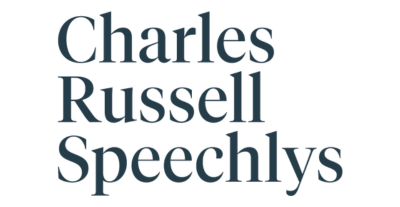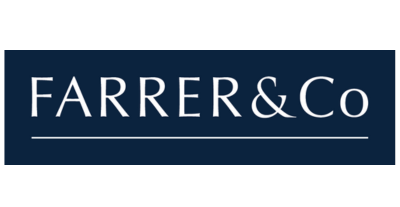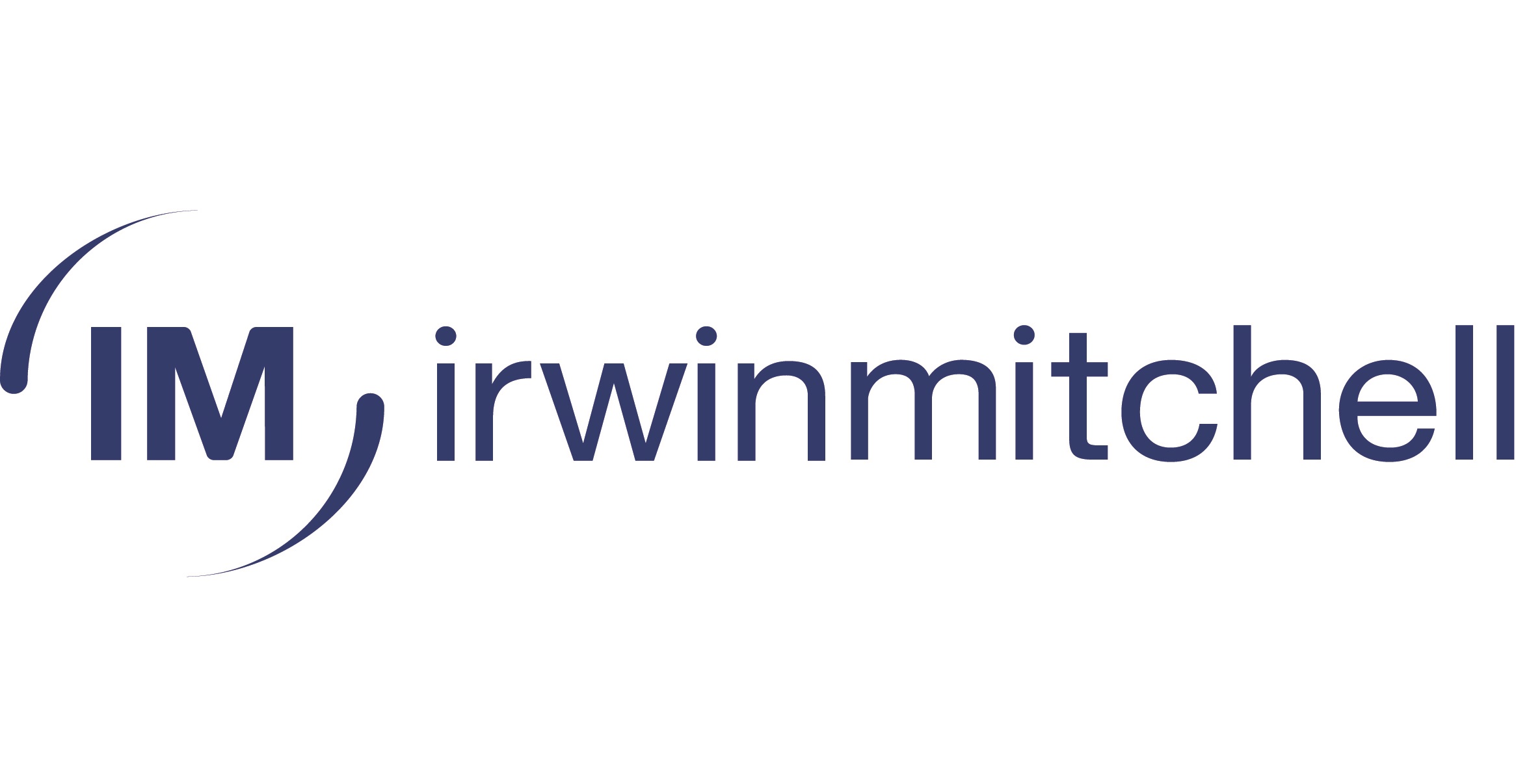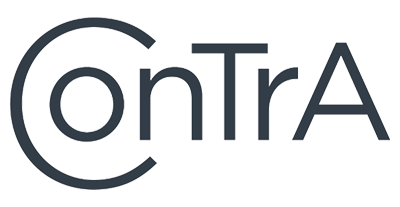Knowledge Hub
Join the Conversation!
Impartial and independent, ThoughtLeaders4 Private Client Knowledge Hub hosts cutting edge industry content and insight.
Email maddi@thoughtleaders4.com to submit content.
What should Protectors be thinking about since the arrival of Covid-19?
Date: 15/07/2020 Type: Articles Topic: Private Client | Trusts |Many protectors or their advisors will already have navigated difficult issues during the recession following the financial crisis in 2008, others will have done so even earlier. The issues which arise from the physical restrictions placed on us and our movement during the current crisis may be quite unusual, but the economic issues arising from the Covid-19 crisis are likely to be similar to previous downturns. In times of crisis it is pertinent to undertake trust reviews to plan for the future of the trust, in particular to head off potential disputes. If nothing else, it may be a useful moment to ensure that the protector is familiar with their role and the duties and powers under the particular trust deed and general law.
Covid specific issues
Physical restrictions:
Across the world, Covid-19 has caused limits to be imposed on people’s movement and meetings with others; both on a local level, for work or socialising, and on an international level. For those involved in international trusts, this is likely to create significant practical difficulties.
For example, where beneficiaries or protectors are no longer happy with the performance of their trustees (or perhaps investment advisors), and would like to replace them, but are no longer able to travel and meet with potential replacements. The protector is likely (depending on the terms of the trust) to have a role in deciding whether the trustee’s conduct has been so unsatisfactory that they should be replaced with a new trustee who they have only been able to meet by video conference (at best); or whether the dissatisfaction is of a lower level, where the risk of the increased time, costs and confidentiality issues which would arise from removing and replacing trustees, potentially twice in quick succession, would be of greater concern. Obviously, both courses of action will be open to criticism with the benefit of hindsight, so there is a balance to be struck and documented, to best protect the protector in years to come.
Equally, we are rapidly becoming accustomed to video calls and virtual meetings. Even if in many ways these are less attractive than meetings in person, they can save travel time and focus the minds of the attendees, such that there may be a greater place for them going forward. For many it would certainly be worth considering how, when and with whom they can best be used both in the coming months and beyond.
Succession planning:
One of the specific consequences of the current situation is that whilst many people are generally unwilling to consider their own mortality, the risk of Covid-19 and the restrictions imposed as a result have provided a catalyst for such discussions and considerations. Whilst this is most visible in Will‑making and planning for loss of capacity on a personal level, it can also be the case for succession planning within a family trust. Depending on the terms of the trust and the powers given to the protector, succession planning could involve the addition of another protector to form a committee, replacement of an individual protector (particularly if they are in a high risk group for the disease), or the discussion or appointment of a future protector (to come in to effect on the death or incapacity of the current officeholder).
Equally, a protector might need to be involved in the consideration of the future of the trust – this could provide an opportunity to ensure that proper updates are being provided to the protector by the trustees to allow them to fulfil their role; to speak to the settlor more generally about their wishes, so that their views can be taken in to account (as one of a number of factors) in years to come; or to check that the approach being taken by the trustees in respect of investments or other powers is within the scope prescribed by the trust deed.
Economic issues
Investments:
It is perhaps inevitable that some beneficiaries will question their trustees’ investment decisions immediately before and during the Covid-19 crisis, particularly where they have underperformed compared to the wider market. Some trusts with particularly low risk investment strategies, where the assets are held in ‘safe’ investments, might have been comparatively unaffected by the downturn. Other investments may be more significantly affected – some trustees will have been following particular requests or wishes of their beneficiaries regarding the types of investments (advisedly or otherwise); or will have loaned monies to beneficiaries or their related companies, which may now be irrecoverable (at least for the time being). In any event, the protectors should (if they have powers to do so) satisfy themselves that such investment decisions were within the trustees’ powers and consider whether the protector itself has and should exercise any powers they may have to minimise the impact of these decisions, or to reduce the risk in future.
Beneficiaries’ positions:
Beneficiaries circumstances may have changed significantly – income (from the trust or other sources) may be substantially reduced; businesses may be temporarily closed or have failed completely, while others may be thriving. This is likely to result in changes to beneficiaries’ future economic or lifestyle plans, or even their residency. The protector might have to consider whether to approve distributions from capital to compensate for any reduction in income, or to approve the addition or removal of certain beneficiaries depending on their financial needs, family health issues, or tax residency. Frustratingly, it may only be possible to deal with beneficiaries’ changes after the event, so they should always be urged to take their own advice on tax, immigration and other issues, to ensure that they are aware of any risks arising from their decisions.
Not overstepping
Whilst it goes without saying for professional protectors, it can be important to highlight to individual protectors that throughout their decision-making, they must remain alert to not overstepping their role and taking on the position of a quasi-trustee, as this risks claims being brought against the protector, who, subject to any exoneration clause or indemnity, will be personally liable for any loss arising from his negligence.
Just as many individuals are using the current or recent lockdown as an opportunity to review their lives and their priorities; protectors and their advisors could and should use this as a time to review their trusts, to ensure that they are in the strongest possible position as restrictions are lifted and life returns to the new normal.
Author
Roberta Harvey & Hannah Mantle – Forsters
Our Private Client Corporate Partners




























